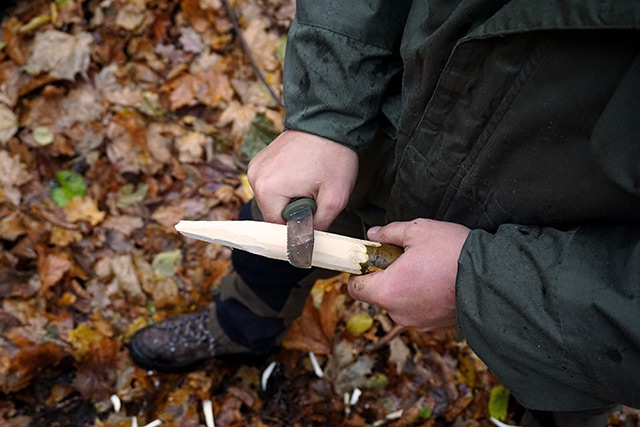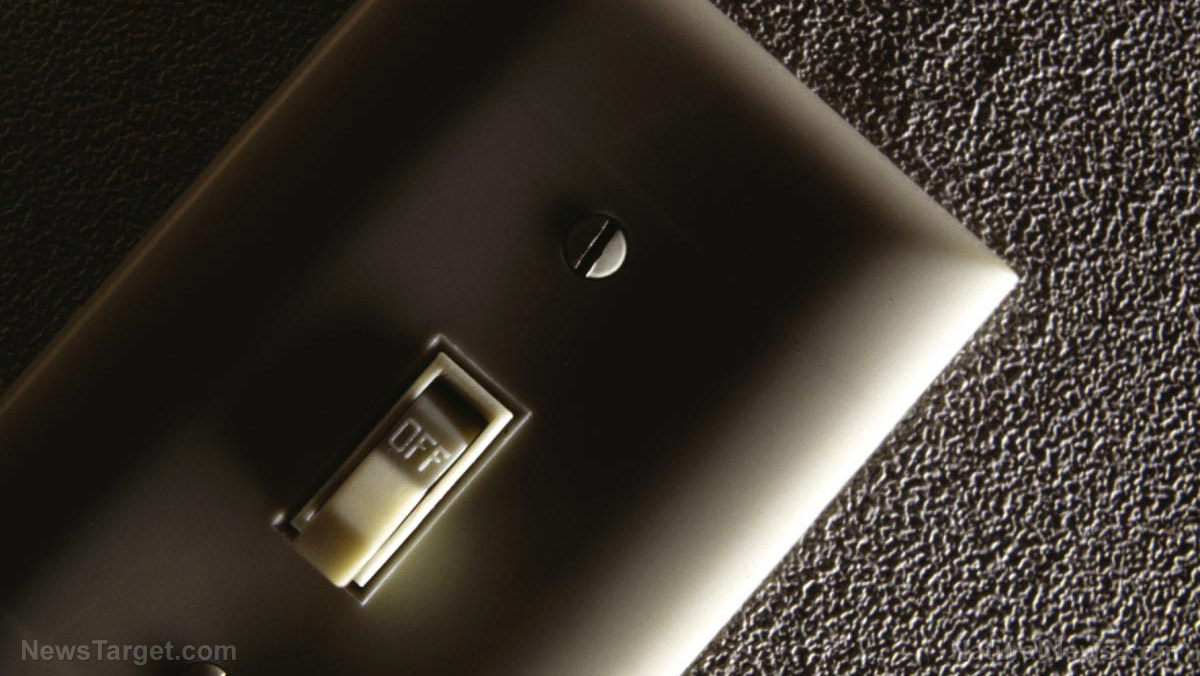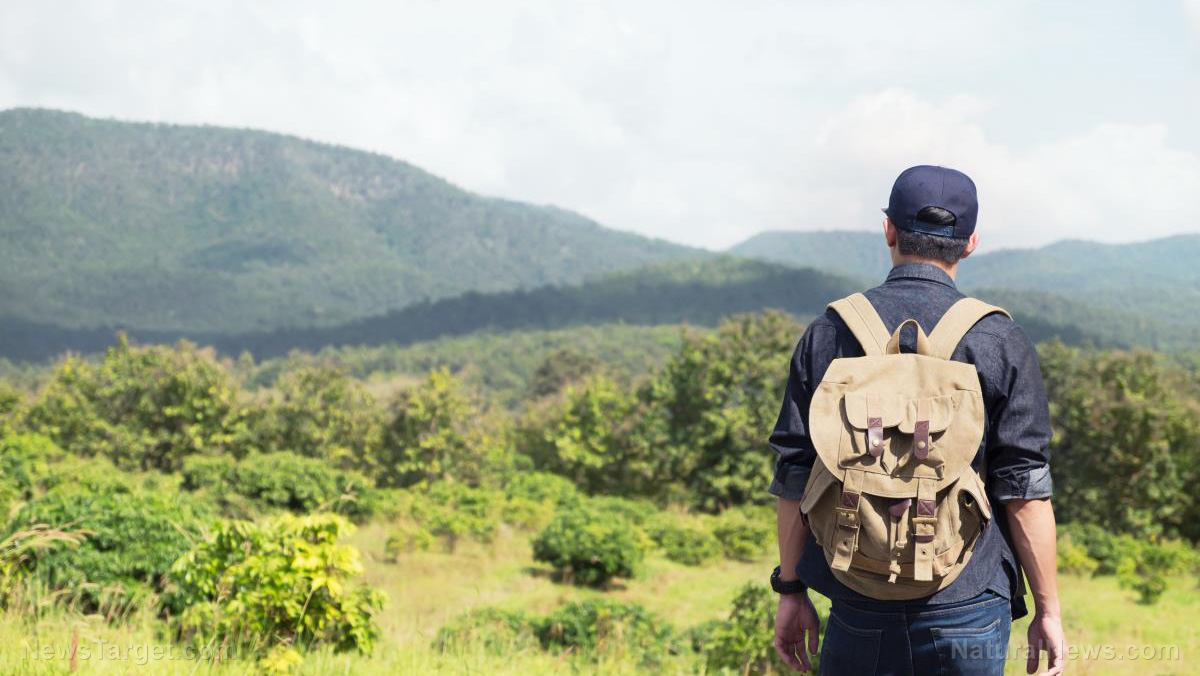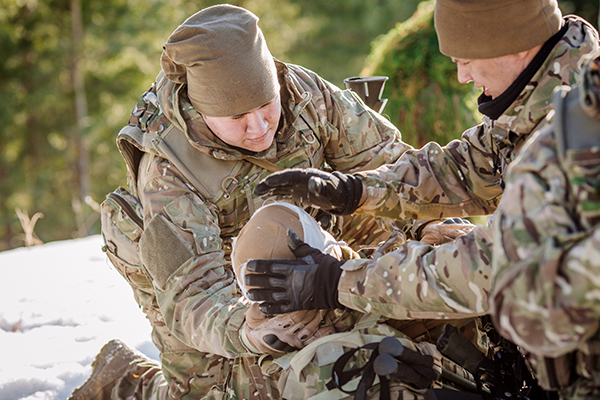Prepping 101: How to pick the perfect bug-out location
12/05/2019 / By Grace Olson
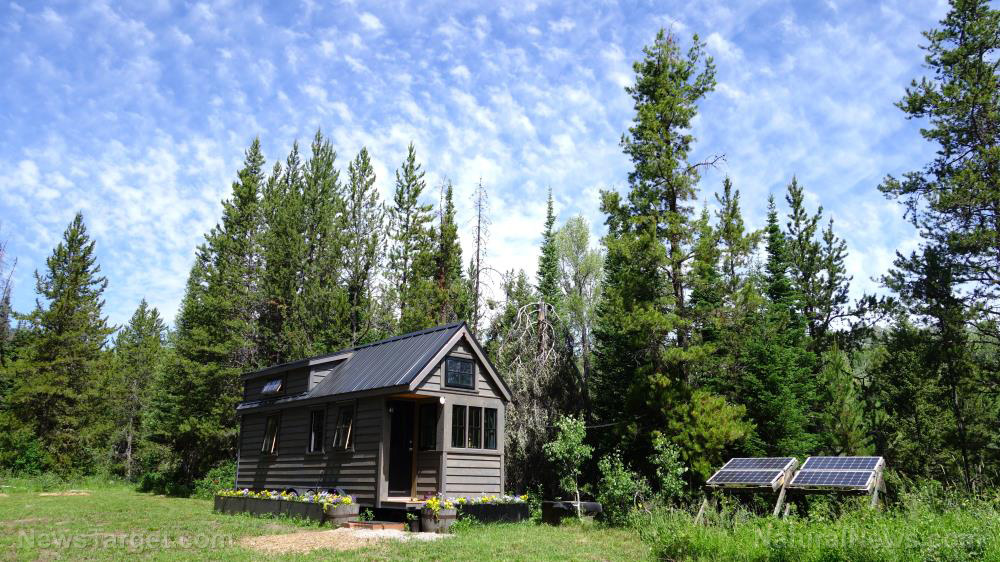
Choosing a bug-out location is no easy task. There are a lot of things you need to consider aside from your basic needs. Part of it is knowing what you want in a shelter. (h/t to SurvivalBlog.com)
A bug-out location differs for each person. You need to determine what you want first before checking out prospective bug-out locations. Consider the following:
- Will the bug-out location be a temporary shelter?
- Do you plan to move there someday?
- How many people are you bringing with you?
Once you have an idea of what you want to do with your bug-out location, you can now start looking for a spot. Here are some things to account for:
1. Distance
When SHTF, distance can make or break a location for you. Generally, the location should be accessible even if your vehicle only has half a tank of gas.
Also consider the weather conditions and other natural disasters that often happen in the area.
2. Access and escape routes
When SHTF, some routes may no longer be passable and you’ll need an alternative route to reach your shelter. Your bug-out location should have more than one access route and escape route. In case you need to evacuate your bug-out location or your main escape route is blocked, you need to have another way out. If you’re near a river or a lake, consider a boat or dingy that you can use quickly.
3. Knowledge of the area
A bug-out location is your fortress when SHTF. If you’re eyeing a prospective location, find out what you can about the surrounding area. Get to know the landscape, including caves, streams and other natural landmarks. You need to consider nearby settlements and potential neighbors as well. Ideally, the people in the area have the same mindset, which can be a big help during an emergency.
4. Isolation
Choose a moderately isolated location. This means that your bug-out place is not easily seen from roads, highways or towns. At the same time, you don’t want to be too isolated. Your bug-out location, ideally, can still be accessed by a vehicle or other modes of transportation.
5. Water
Water is a basic need that every responsible prepper considers when bugging out (or in). Look for a place with bodies of water nearby, like a lake, stream or river. Make sure to add filters and learn purification methods for your water supplies.
6. Shelter
Ideally, there is already a shelter set in place in the location. This can be a cabin or a small house. Some preppers invest in containment units from the shipyard for a quick, waterproof shelter.
7. Renewable food sources
When scouting for potential bug-out locations, inquire about the availability of animals and check if there are any edible plants around. It’s best to have a sustainable source of food on top of your food stockpile. Ask about the possibility of building a garden as well. Check the soil and available space for gardening.
8. Storage
If there’s a shelter in place, check if there’s a room or area where you can store food and other supplies. The storage area needs to be cool, dark and safe from the elements. If there is no room for storage, you may need to set up a separate place for storage.
9. Defense
An attack is a real possibility when SHTF. Choose a location with a natural barrier (like a cliff or mountain) and one vantage point. This allows you to spot potential intruders and attackers from afar and start making plans to defend or escape if necessary.
10. Local policies and future plans
Never forget to inquire about local policies. In some areas, the animals are protected, so you can’t hunt them for food. There are some laws regarding compost toilets or construction as well.
Most importantly, always ask about future plans in the area. You don’t want to find out that they’re turning a neighboring land into a shopping mall or a commercial area.
Remember to consider these factors before you pay for anything. Be thorough when it comes to picking your bug-out location. Some adjustments and compromise may come out, but never forget its purpose: A safe place during or after an emergency.
Sources include:
Tagged Under: bug out, disaster, emergency, food supply, how-to, off grid, preparedness, prepping, SHTF, survival
RECENT NEWS & ARTICLES
SHTF.News is a fact-based public education website published by SHTF News Features, LLC.
All content copyright © 2018 by SHTF News Features, LLC.
Contact Us with Tips or Corrections
All trademarks, registered trademarks and servicemarks mentioned on this site are the property of their respective owners.








